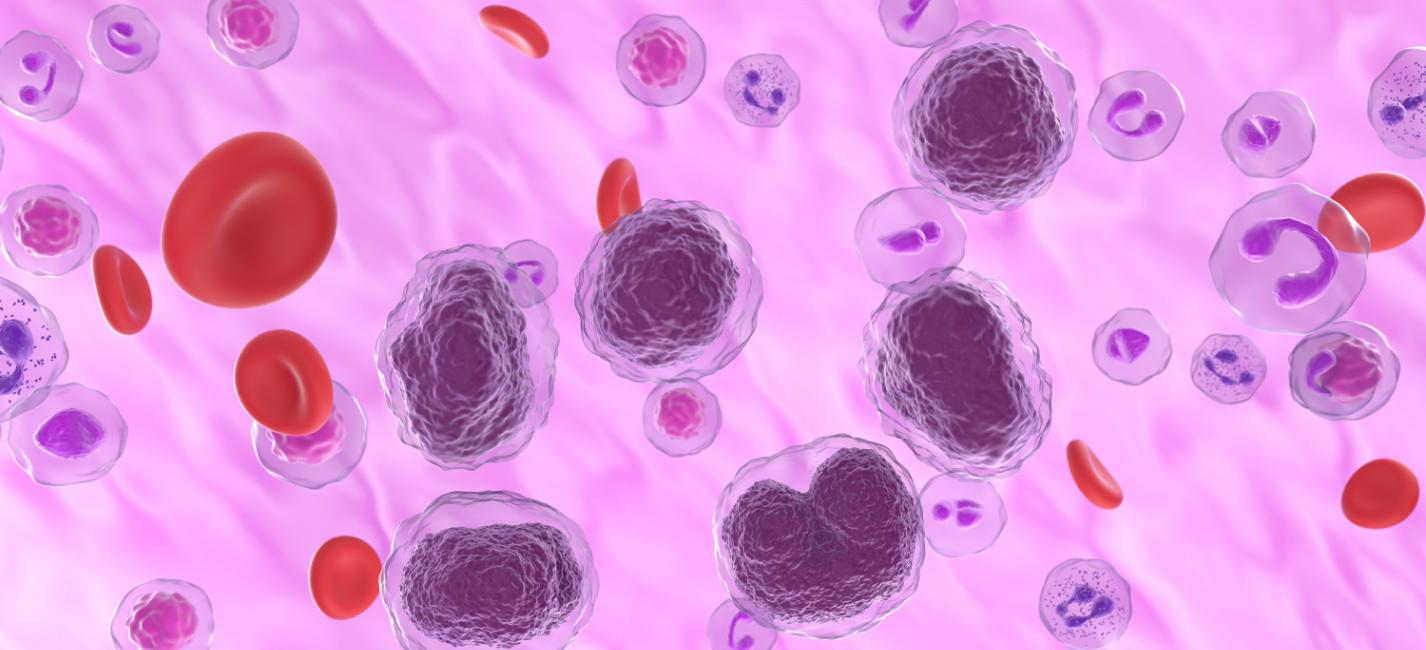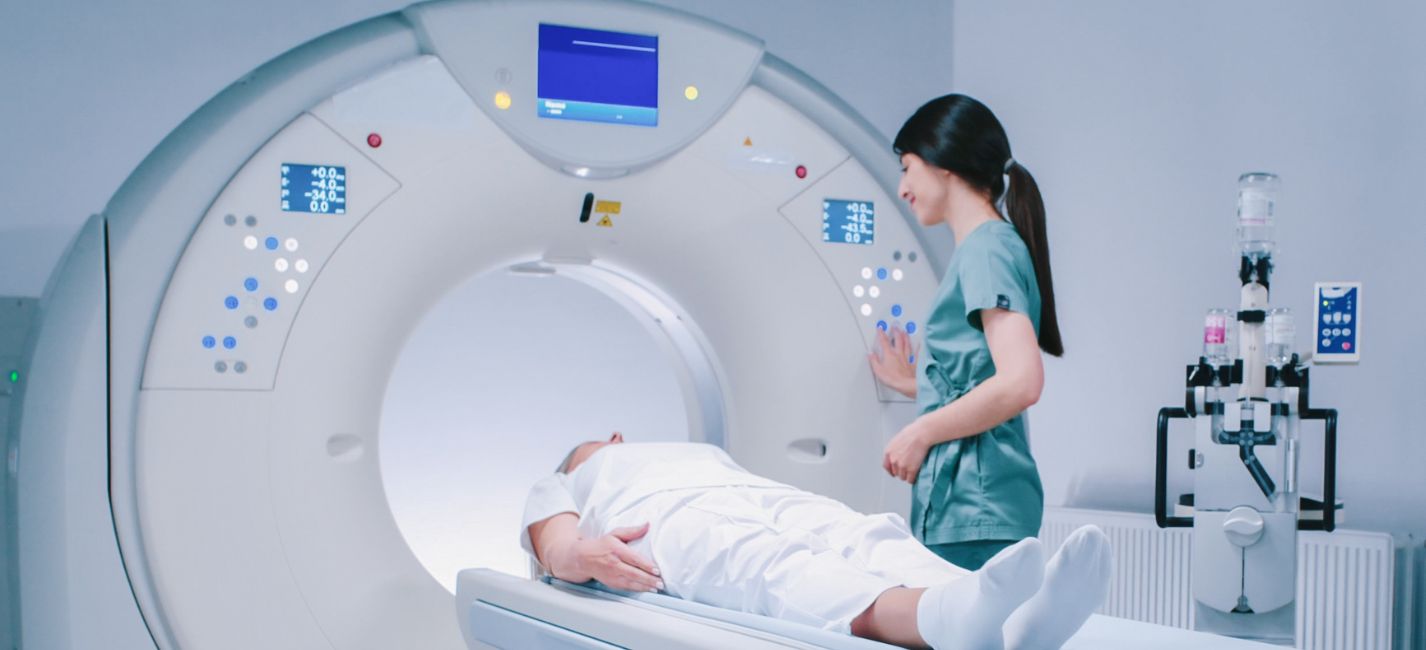Non-Hodgkin Lymphoma Care in Portland-Vancouver
Treating the Most Common Type of Lymphoma
Non-Hodgkin lymphoma (NHL) often develops in the lymph nodes and lymphatic tissue found in the stomach, intestines, or skin. NHL sometimes also affects the blood and bone marrow. The prognosis of NHL patients varies by type and by stage. However, ongoing lymphoma research and advances in treatment contribute to improved outcomes and quality of life.
Blood Cancer Doctors in Portland & Vancouver
Most patients are diagnosed by a hematologist, a doctor who specializes in blood cancers, such as lymphomas. Hematologists are also trained as cancer specialists called oncologists. The hematologists at Compass Oncology are experts in diagnosing and treating non-Hodgkin lymphoma. We will answer any questions you and your family have so you can better understand the details surrounding your specific diagnosis. We will also guide you through the entire treatment process.
View Our Blog For Additional Non-Hodgkin Lymphoma Information
Diagnosing Non-Hodgkin Lymphoma
 Most patients with non-Hodgkin lymphoma present symptoms that are evaluated by the hematologist, followed by tests to confirm a diagnosis, including the subtype.
Most patients with non-Hodgkin lymphoma present symptoms that are evaluated by the hematologist, followed by tests to confirm a diagnosis, including the subtype.
Subtypes of Non-Hodgkin Lymphoma
 Non-Hodgkin lymphoma has more than 60 subtypes. The subtype of non-Hodgkin lymphoma is determined by several factors, including the type of blood cell the cancer started in. Understanding which subtype of NHL impacts the treatment options and the timing of when to give treatment.
Non-Hodgkin lymphoma has more than 60 subtypes. The subtype of non-Hodgkin lymphoma is determined by several factors, including the type of blood cell the cancer started in. Understanding which subtype of NHL impacts the treatment options and the timing of when to give treatment.
Stages of Non-Hodgkin Lymphoma
 Once a diagnosis of NHL is confirmed, hematologists must determine if it has spread and, if so, how much. This process of staging NHL will help determine the recommended treatments.
Once a diagnosis of NHL is confirmed, hematologists must determine if it has spread and, if so, how much. This process of staging NHL will help determine the recommended treatments.
Treating Non-Hodgkin Lymphoma
 The specific treatment options included in your treatment plan and the timing of each is different for each patient. Learn more about commonly used treatments such as chemotherapy, immunotherapy, targeted therapy, and/or radiation therapy.
The specific treatment options included in your treatment plan and the timing of each is different for each patient. Learn more about commonly used treatments such as chemotherapy, immunotherapy, targeted therapy, and/or radiation therapy.
Clinical Trials for Blood Cancers
 At Compass Oncology, hematologists are continually working to find better blood cancer treatment options through clinical trials and other types of cancer research. Through Sarah Cannon Research Institute (SCRI), a joint venture with US Oncology Research, we are able to participate in more clinical trials and provide our patients access to the latest treatment options.
At Compass Oncology, hematologists are continually working to find better blood cancer treatment options through clinical trials and other types of cancer research. Through Sarah Cannon Research Institute (SCRI), a joint venture with US Oncology Research, we are able to participate in more clinical trials and provide our patients access to the latest treatment options.
Portland - Vancouver Hematologists Specializing in Non-Hodgkin Lymphoma





